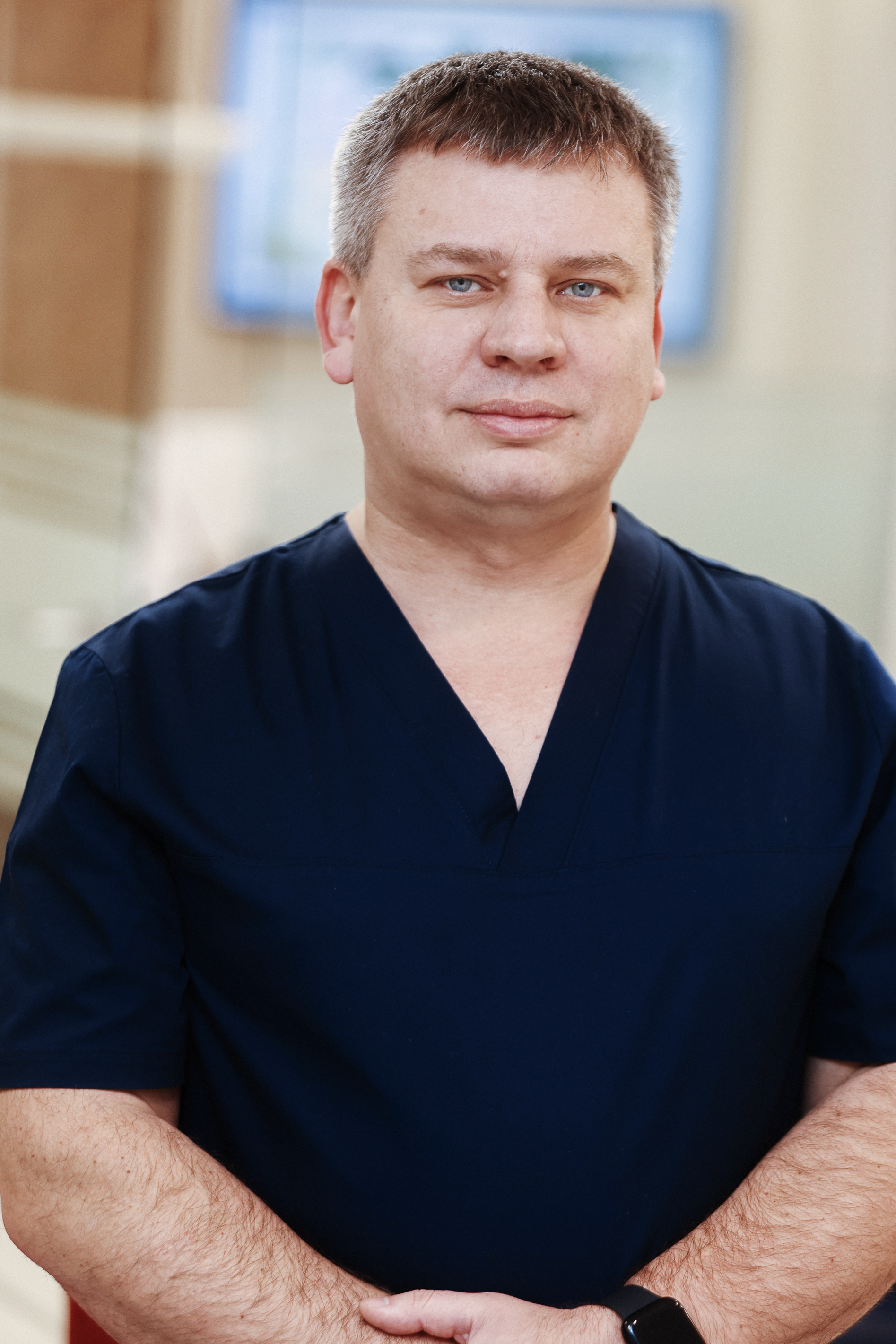Myopia is a pathological condition in which the refraction of the eye is beyond the norm. A synonym for the problem is nearsightedness, which explains its main characteristic: the patient poorly distinguishes images and objects located at a distance from the vision organ.
Glasses or lenses for myopia in both eyes are not the only solution to the problem.
- genetic factor – according to studies, parents with myopia in 50% of cases have children with the same vision disorder;
- insufficient intake of vitamins and minerals in the body that may be due to poor nutrition;
- chronic-fatigue build that may be associated with work activities;
- history of infectious diseases with complications in vision organs;
- traumatic brain or birth injuries;
- constant increased intracranial or intraocular pressure;
- chronic poisoning of the body with poisons and toxins that may be associated with the specific character of the work.
Laser surgery is only effective if performed in a clinic after a complete examination of a patient. Laser vision correction in case of myopia in adults will definitely give positive results in the absence of other ophthalmic pathology (keratoconus, cataract, thin cornea, etc.).
Surgical intervention can be recommended in case of a high degree of myopia and consists in replacing the eye lens with an artificial lens.
Glasses and lenses are selected on a strictly individual basis, their constant wearing should be accompanied by visits to an ophthalmologist for a follow-up examination. Most often, this treatment is prescribed for mild myopia in children, when the vision organs are still growing and developing. Children with progressive myopia may be prescribed night contact lenses.
Daily walks 1–2 hours long are very important for the prevention of myopia progression. Exercises for the eyes will help to relieve fatigue and will be useful for those who have to spend a long time at the computer or working with papers.



















